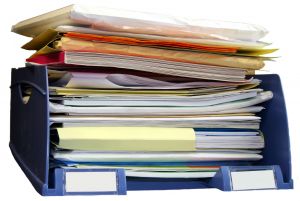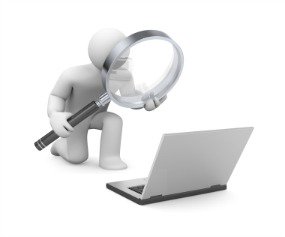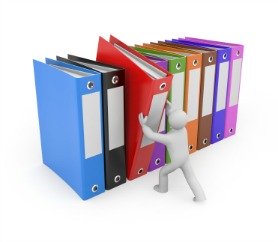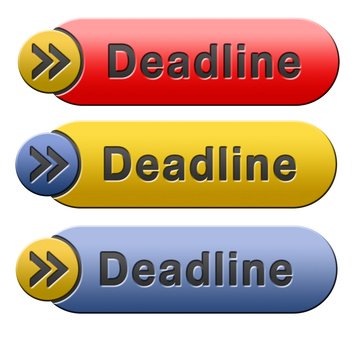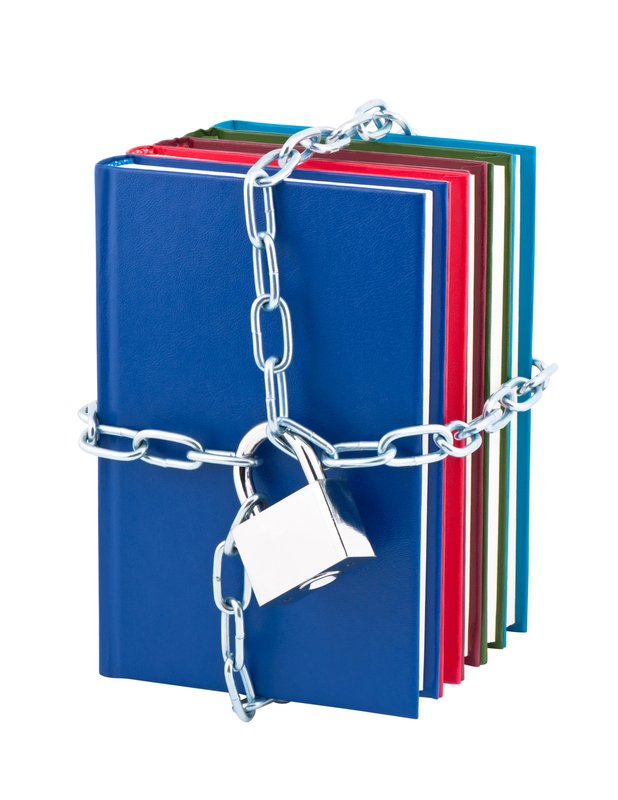- Home
- Basic Bookkeeping Practices
- Good Bookkeeping Practices

Benefits of Good Bookkeeping Practices
What's in it for YOU? ... Money in Your Pocket

by L. Kenway BComm CPB Retired
Published 2009 | Updated May 30, 2024 | Edited September 3, 2024
NEXT IN SERIES >> The Way to Audit Ready Books
What You'll Find In This Chat
- Requirement of Law
- Auditing for Non-Compliance - IRS
- Auditing for Non-Compliance - CRA
- A side bar of good practice tips
- Benefits of good bookkeeping practices
- Downside of inadequate books and records
Let’s chat today about how good practices for your bookkeeping benefit you and puts more money in your pocket. In case you are keeping count, this is item six in the series (see below).
Grab your beverage of choice (Okay don't grab. Mind your manners and pick it up nicely.) ... sit back, take a sip. Now take a deep breath and relax. Focus here. Bring your mind on this page right now ...
So What are Good Bookkeeping Practices?
I like to break good bookkeeping practices into nine categories:
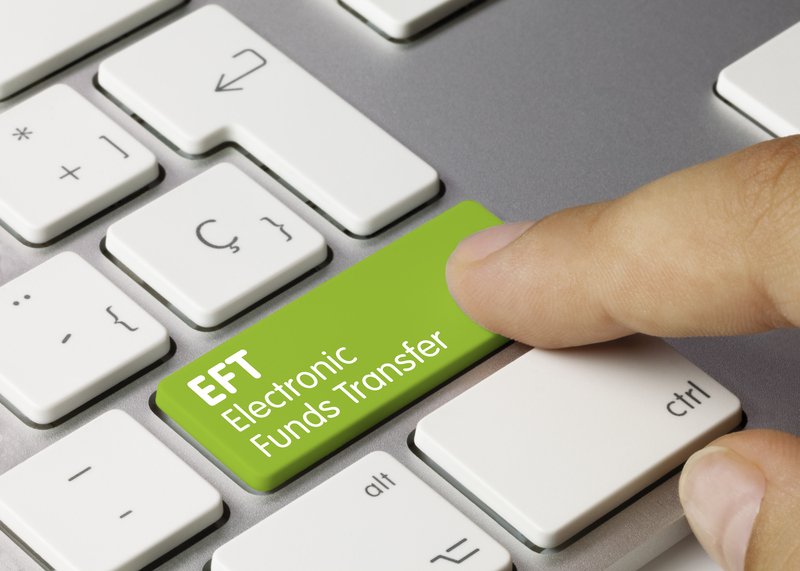 8. File compliance reports and remit the amounts owing on time.
8. File compliance reports and remit the amounts owing on time.Good To Know
Requirement of Law
Canadian Perspective
Unmat Law's October 3, 2022 article "Corporate Director Unsuccessfully Relies on the Defence of Due Diligence" explains the Tax Court Of Canada (TCC) view was "a diligent director would have asked for documentary proof of payroll remittances. And if they did not get it, then the next step would be to call the CRA and ascertain whether the relevant remittances were up to date."
The TCC found the director liable for unremitted source deductions.
By law, every business owner must keep a complete and organized set of books and records.
A good bookkeeping practice to start your set of books is to keep your business expenses separate from your personal expenses. (See the audit trail article to find out how.)
It’s a financial catastrophe in a tax audit if you have inadequate supporting documentation. Don't even consider not filing your return every year. That leads to costly late filing penalty charges. That would definitely not be considered good bookkeeping!
For those of you who are interested in the why and how come ... you might like to know that good bookkeeping follows generally accepted accounting principles (GAAP).
As a business owner, you are also legally required to collect and remit payroll sources deductions and any sales and use tax (GST/HST in Canada ). These funds do not belong to the owner and/or the corporation and should not be used to finance your business.
IRS Auditing for Non-Compliance
IRS
The IRS use an income analysis that examines whether the unincorporated business owner's personal living expenses plus reported business expenses exceeds the reported income.
The IRS uses the Discriminate Function System (DIF) to score the audit potential of small closed corporations. It was updated in 2012 but I haven't been able to find when the latest update was made.
A study of 2010 tax returns with corporate assets under a quarter of a million dollars was used to assist in revising the Discriminate Index Function formulas in 2012 to improve small business tax compliance.
Did you know there are only five ways to pay no taxes?
Wayne Davies is a U.S. tax accountant and the author of an article entitled "What Does It Take to Pay Zero Taxes?"* He tells you not to believe your friend who brags to you they don't pay taxes. In the article, he explains there are only 5 ways this can be true.
- Your friend is a liar.
- Your friend cheats on his tax return by not reporting all income earned or deducting bogus expenses.
- Your friend is stupid to think that having no tax balance owing or receiving a tax refund means no taxes were paid.
- Your friend is broke. He may pay no taxes because he is not making any money.
- Your friend is just getting by. The business may be just barely making a profit ... enough to get by on.
Mr. Davies concludes that the purpose of being in business is to earn a profit ... which means you will pay taxes. Just do everything you can legally to reduce the amount you pay. Paying taxes means you are successful.
This supports my argument that:
- You need to keep a good set of books.
- Learn all the bookkeeping tips you can to reduce your taxes legally.
- Educate yourself on tax deductions available to you. The Balance has a good article worth reading, Schedule C: Instructions for Completing It, Step by Step
- U.S. business owners should take a look at the IRS publication 535 Business Expenses under "Not-for-Profit Activities" to learn about the hobby rule ... "an activity is presumed carried on for profit if it produced a profit in at least 3 of the last 5 tax years, including the current year." If you don't meet this criteria but feel you have a business and not a hobby, the publication has a list of factors that are used to determine if you are a business. The onus is on you to prove you are operating a business and not a hobby.
- If you are running a successful business, expect to pay some taxes.
IRS non-compliance issues are examples of what is NOT good bookkeeping practices and often relate to:
- unsubstantiated deductions meaning expenses get overstated,
- understating sales (see skimming sidebar) by not reporting all your income,
- timely filing of reports and forms,
- accuracy of the collection and remittance of sales tax,
- misclassification of workers as independent contractors.
Understanding IRS rules is necessary to the success and longevity of your business.
*this article is no longer available online
CRA Auditing for Non-Compliance
Skimming and Moonlighting
Illegal Activities
Pssst ...
Skimming is not reporting part of a business activity.
Moonlighting is not reporting a business activity.
Need I say that neither is
considered good bookkeeping! ... in fact these activities are illegal ... and please don't tell me that all your buddies do it. Are you sure about that?
Most CRA non-compliance issues relate to:
- not registering for GST when you meet the threshold, (the equivalent in the U.S. are sales and use taxes)
- not filing GST returns, (or sales and use returns in the U.S.)
- understating sales (see sidebar) by not reporting all your income, and
- overstating expenses to create zero profit or a loss.
Perhaps you are wondering if CRA looks at your personal bank deposits during an audit of your business. The answer is yes ... but it goes further, they can even look at your lifestyle ... keeping reading to learn more.
On the Revenue Canada website, they are very open about how and why they conduct audits. Many of these audits are performed on the self-employed, unincorporated, work from home business owner as they are a high risk group. In fact, 98% of Canadian businesses have less than 100 employees.
Here is just a bit of information regarding the type of audits they may perform.
Generally, five different audits for occupations and industries that deal with a lot of cash transactions are performed each year.
- They match your information with third party sources from financial institutions, employers, and spouses. According to their website, between 2015 - 2018, $350 million dollars filing and $26 million in additional tax assessments were assessed as a result of 177 audits. [Source: Results of the Canada Revenue Agency’s 2015 to 2018 Underground Economy Strategy]
- The CRA conducted over 17,000 income tax and GST/HST audits and identified over $4 billion in unreported income related to the underground economy between April 1, 2015, and March 31, 2018 [Source: Results of the Canada Revenue Agency’s 2015 to 2018 Underground Economy Strategy]
- The CRA follows up and investigates leads they receive from enforcement agencies, tax authorities and informants regarding Canadian taxpayers who are suspected of not fulfilling their tax obligations.
- If you fail to provide the CRA with adequate documentation to support your claims, other available information will be used. This method is often used if people in the service industry have not kept adequate tip records.
- The CRA has the ability to look at industry and regional salary averages in a particular trade. If your reported income is considerably below the average or your expenses are notably higher than the average, you may be asked to provide supporting documentation.
- A net worth or lifestyle audit may be conducted if your reported income does not fit your lifestyle. (A very scary thought if you are skimming.) If there is not a match, they may declare income to match the reality of your holdings.
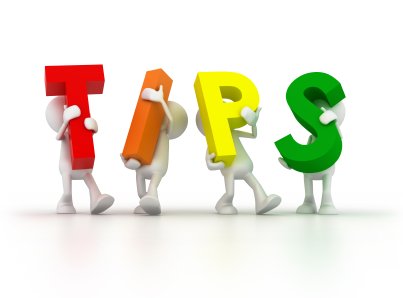
... On Good Practices
CRA has the publication How we combat tax evasion and avoidance explaining their approach to tax administration, how they deter non-compliance and enforce legislation if you want more information.
So what is CRA's approach to tax administration? A 2007 publication stated that "our fundamental approach to tax administration is to enable individuals and businesses to comply with their obligations, without our direct intervention." As taxpayer non-compliance increases, so does CRA involvement.
They deter non-compliance by conducting reviews and audits.
CRA's current enforcement project, called Project Trident, targets and prosecutes individuals and companies involved in fraudulent tax schemes. You can find CRA tax alerts, leads, convictions (they name names), revoked charities, three types of fraud CRA is actively pursuing - tax preparer fraud, charity fraud and identity theft on their project page.
More >> Simple Tax Compliance Method
Benefits of Good Bookkeeping Practices
Earlier I laid out what I think constitutes good bookkeeping practices. Let’s look at some of the benefits to you when good bookkeeping processes are in place. I’ll follow that up with a peek at the consequences of poor bookkeeping practices.
- You expect more from your bookkeeping system than just being able to prepare your annual tax return and meet ongoing business taxes. You expect your time, effort and money to produce information for you to run your business.
- There is no need to worry about money matters within your business because you know your system is providing accurate and timely data that you use regularly to run your business. You have a plan in place for when cash flow is tight. Because you are organized, you have time left over for a life outside your business.
- Your bookkeeping system strengthens your decision making and improves your bottom line because you have developed a relationship with your bookkeeper and taken the time to learn what the numbers mean. You know your sales activity and gross profit. You know the major category of expenses that drive your business and review them regularly to ensure you are still on budget.
- You are no longer frustrated by being in the dark about your finances. No more crossing your fingers and holding your breath that you have enough cash to run your business. Good bookkeeping puts you in control of your cash flow. You reconcile your bank and credit card statements every month. If you go into (preauthorized) overdraft at the bank, it is pre-planned and only short term.
- You can and do pay your bills on time. You invoice your clients promptly and follow up if payment is not received on time. You can place your hands on source (original) documents whenever you need them. No hunting. No going through piles of paper on your desk. No rummaging in drawers full of unfiled receipts and invoices.
- You have developed a routine that allows you to tame the paper jungle. You personally set time aside to do the books, or have help because there aren’t enough hours in the day for you to do it all. Once all your receipts and invoices are input, you practice not only good bookkeeping, but great management skills. How? You run reports to make sure there are no errors and that the reports make sense.
- Your bookkeeping system is simple; the right size and fit for your business. You have a pretty fair overview of the accounting process and how it works. You use your customized reports to make business decisions, prepare budgets, and review your past history so you can forecast the future plans of the business.
- You use your bookkeeping system to track your advertising and marketing dollars to sales. You monitor your overhead expenses ensuring they are not increasing faster than your sales. You use available reports to collect your accounts receivable, manage the payment of your bills, and keep an eye on your inventory levels.
I'm here to tell you ... ALL of the above scenarios are achievable if you have good accounting practices in place. Now ...
... What is the downside to your business without good bookkeeping practices?
Many small business owners run into trouble because they do not keep adequate books and records. This can be expensive in the long term. It is for this reason that this group of taxpayer is most likely to get audited by the Canada Revenue Agency (CRA) or the Internal Revenue Service (IRS).
The CRA and IRS have developed their own databases to select returns to be audited. They will compare your tax return against known filers who have a verified history of non-compliance and against filers who have a proven history of compliance. If your return falls within the appropriate parameters, it will be flagged for an audit.
More >> What Is The Underground Economy (UE) In Canada And Why Should You Care?

